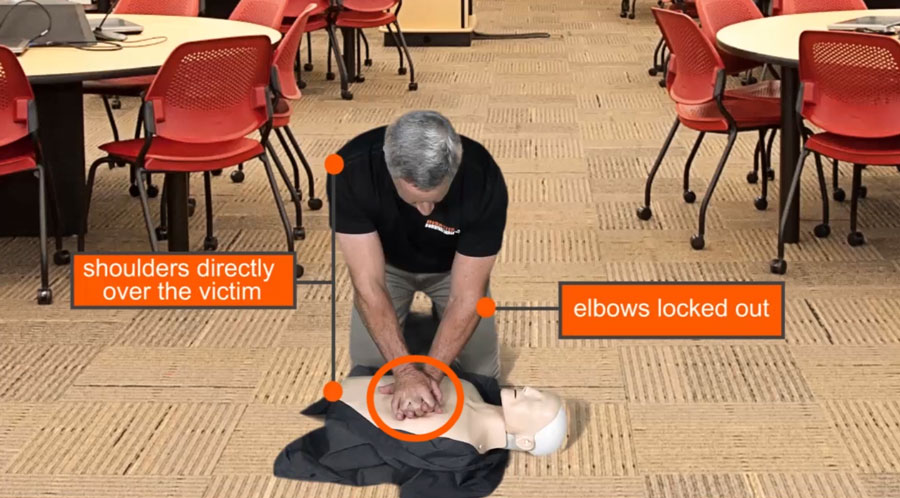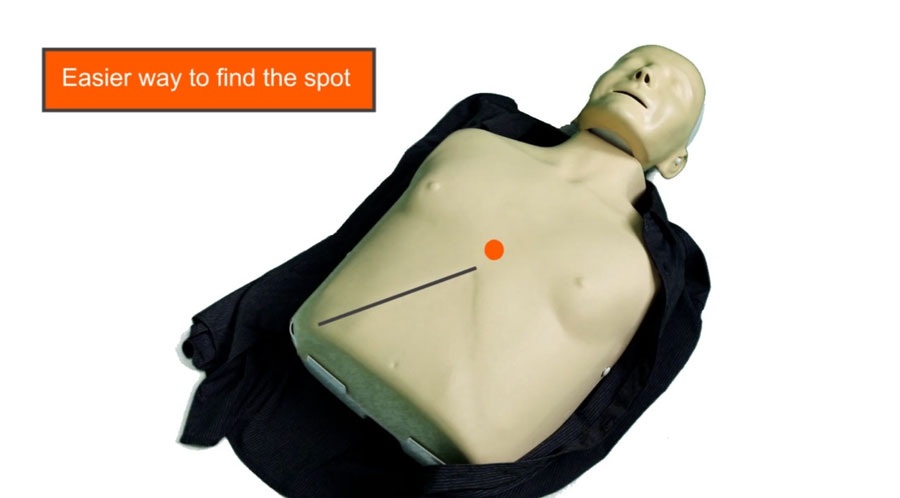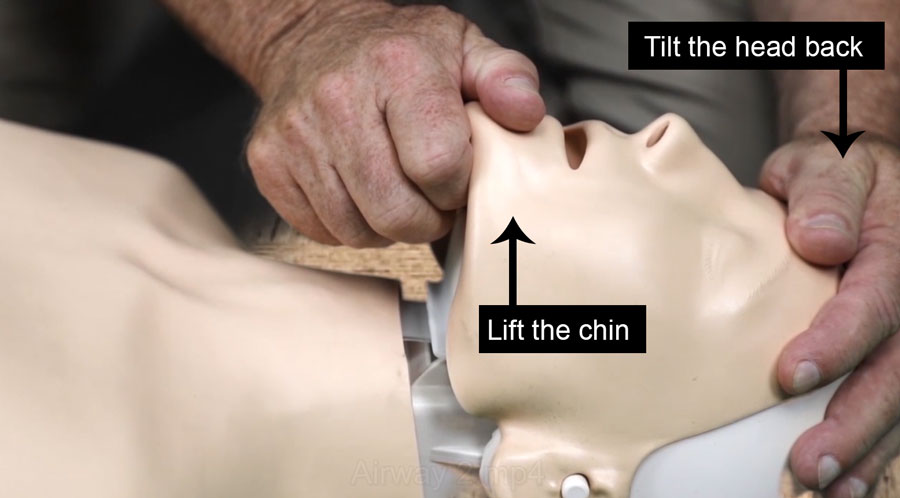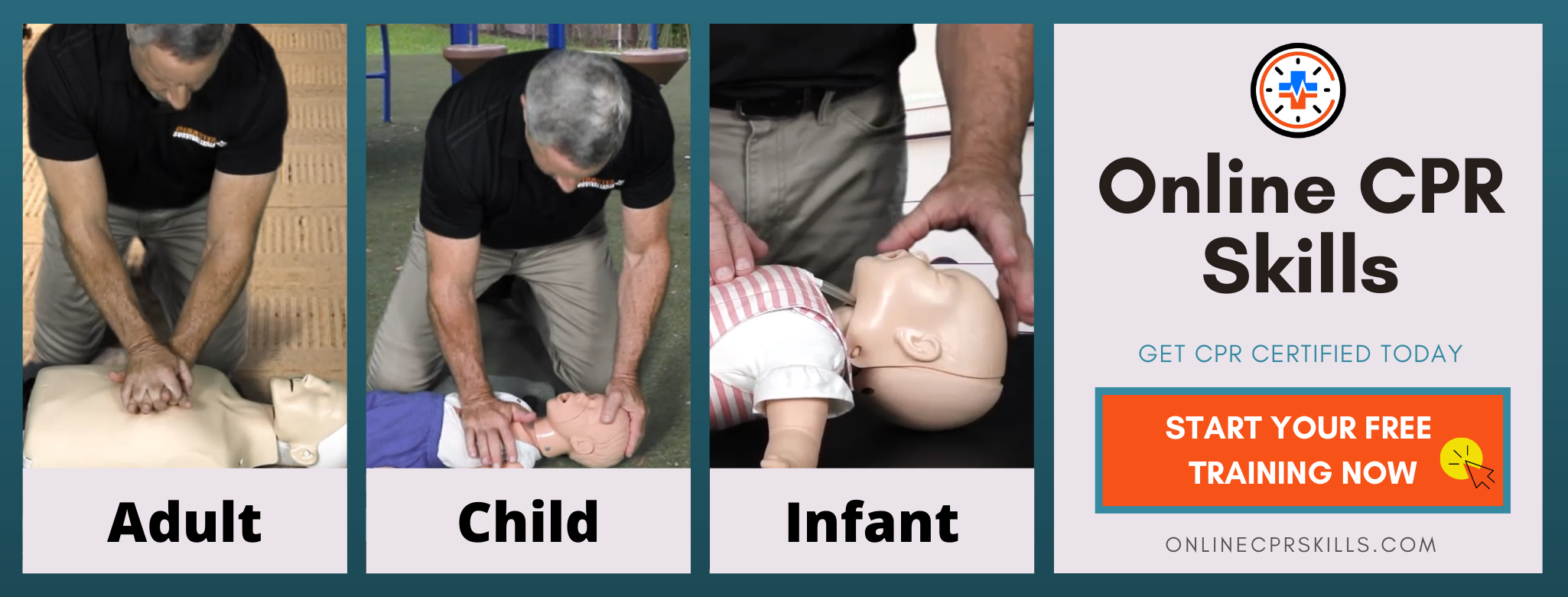Understanding CPR Failure: Top Factors That Impact Resuscitation Outcomes

CPR success is not only judged by the final outcome but is significantly influenced by the quality of the procedure performed. Achieving the objectives of CPR involves ensuring adequate blood circulation through high-quality chest compressions and maintaining oxygenation with proper ventilation techniques.
The Critical Importance of Accurate Compression Delivery
The primary cause of ineffective CPR often lies in the delivery of compressions. For compressions to be effective, correct hand placement is crucial. Position the heel of your hand firmly on the sternum, align your shoulders directly above your hands, and with straight arms, apply forceful and rapid compressions.

Common Pitfalls in Chest Compressions and Ventilations
Inadequate hand positioning can result in rib or xiphoid process damage and, more significantly, poor blood circulation—the core purpose of CPR. Compressions should be both deep, approximately 2.5 inches, and swift, at a rate of 100-120 compressions per minute, to ensure sufficient blood flow and oxygen delivery to the brain, thereby reducing the risk of brain damage.
Quality ventilations are equally essential. Proper technique involves tilting the head back, lifting the chin, and ensuring the tongue is not obstructing the airway. Form a tight seal over the victim’s mouth, deliver two one-second breaths, and remember to pinch the nose to prevent air from escaping.

Simplifying the Complex: Two Vital Components of CPR
While the details may seem complex, they distill into two fundamental components: proficient chest compressions and effective ventilations. Mastering these can make the difference in life-threatening situations.

Empowering Through Education: CPR Training for Everyone
Understanding the intricacies of CPR is crucial, and we believe that everyone should be equipped with these life-saving skills. Our online CPR certification training is designed to be both expedient and comprehensive, covering all the vital aspects of effective CPR. Get trained today and be prepared to make a difference when it matters most.



Comments are closed.